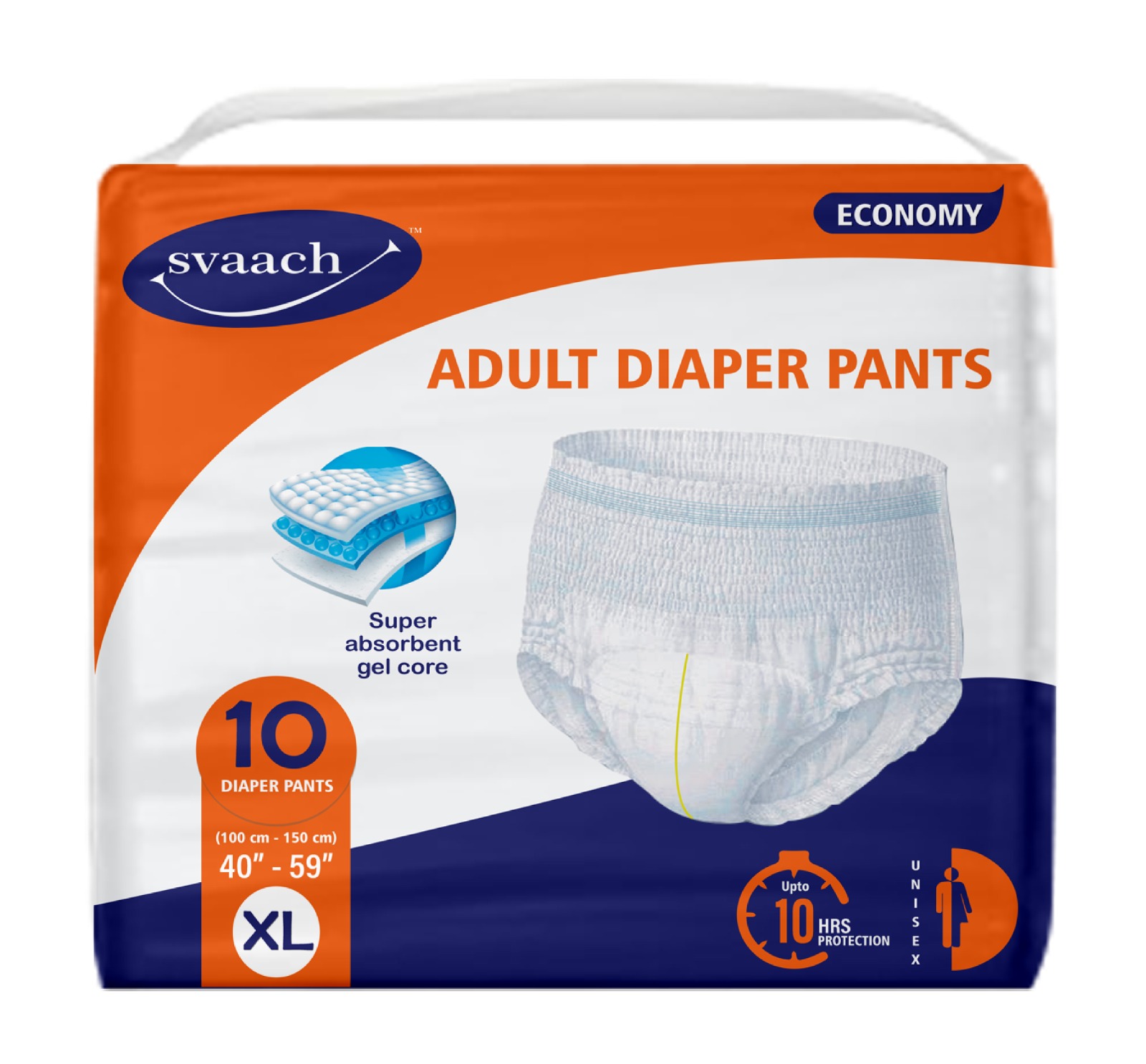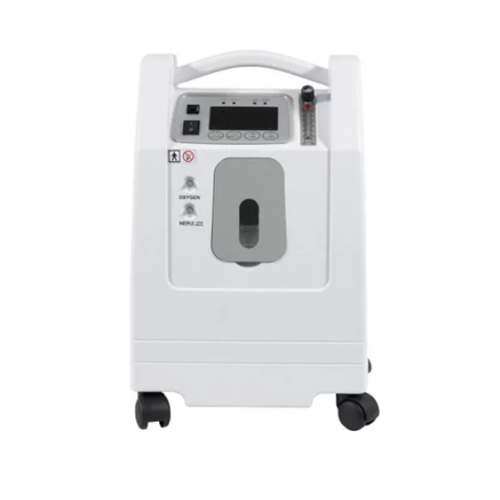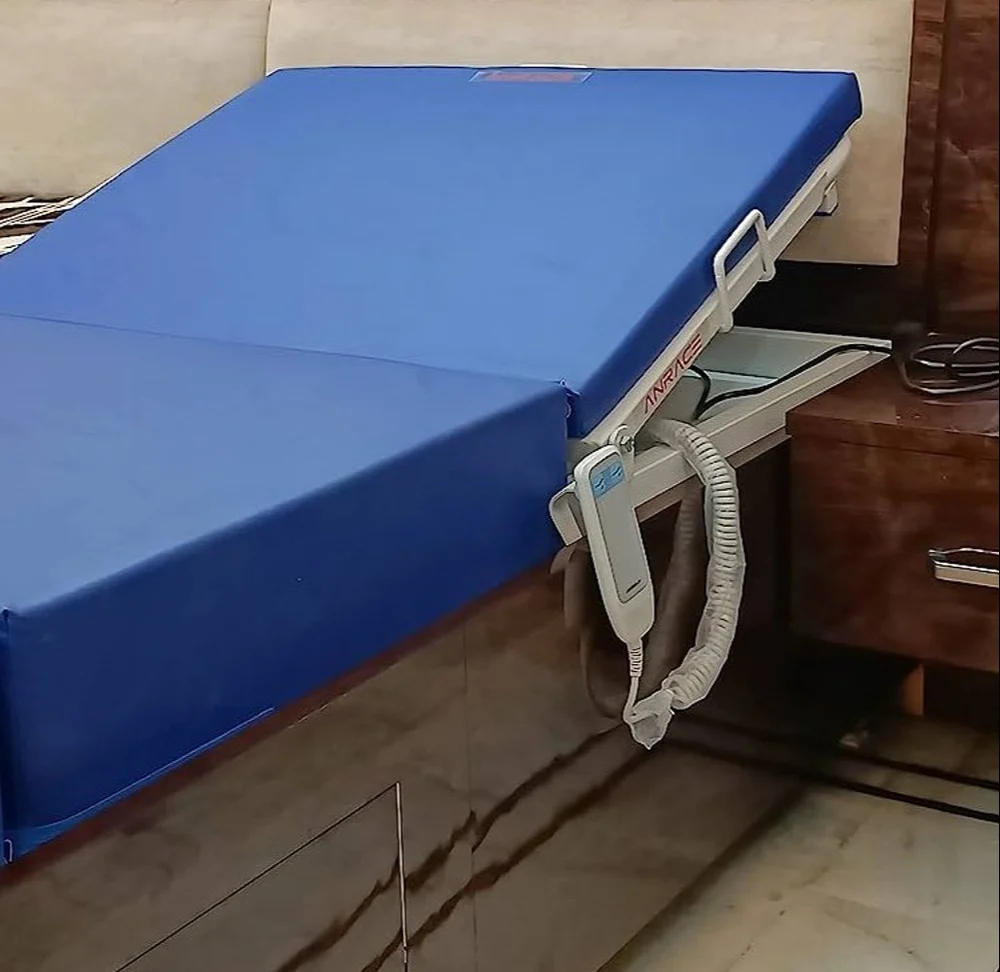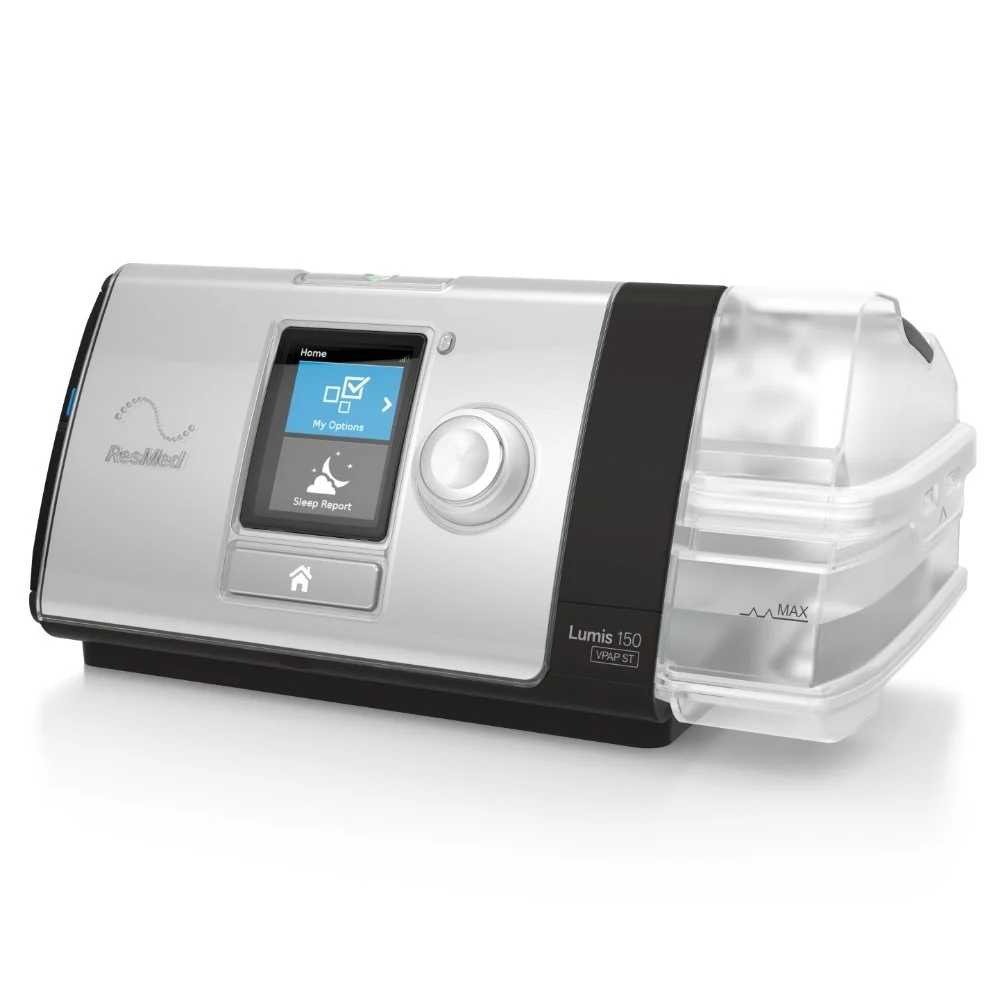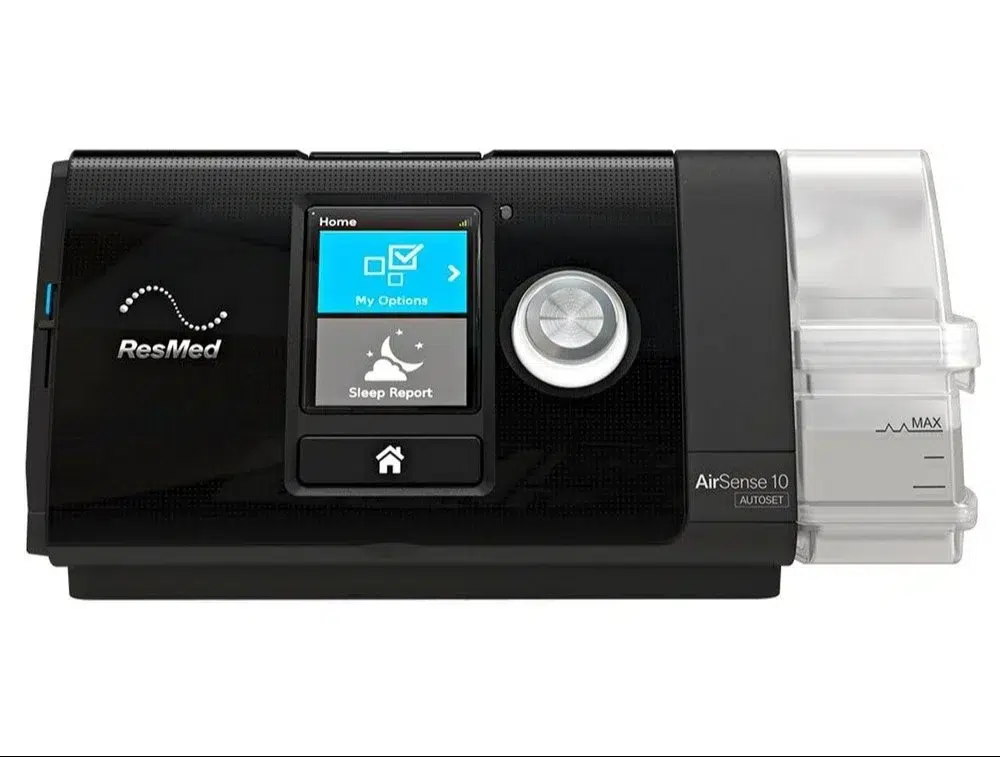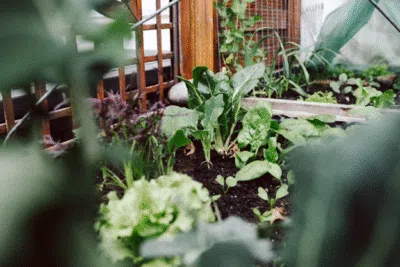Understanding the Potential Benefits of An Oxygen Concentrator
Getting the right amount of oxygen is crucial for those with lung disorders like COPD. Oxygen concentrators are vitally important for these patients because they produce extremely high concentrations of oxygen suitable for medical use. Those who have disorders that cause their blood oxygen levels to drop often require the use of oxygen concentrators.
Concentrators of the surrounding atmosphere into high-quality oxygen for medicinal use are what oxygen concentrators do. Modern technology allows oxygen concentrators to be made in a way that minimizes their weight, noise, and power consumption.
What Is an Oxygen Concentrator?
A medical gadget that provides additional oxygen is called an oxygen concentrator. If you have a medical condition that causes your oxygen levels to drop dangerously low, your doctor may prescribe one.
It’s convenient for both in-clinic and at-home use due to its portability and low price.
How does it work?
Concentrators of oxygen function much like central air conditioners. It draws in stale air, cleans it up, and blows it back out again. People with low oxygen levels in their blood can benefit from this device by sucking in the air and purifying it to produce medical-grade oxygen. The process involves:
- Taking air in from the surrounding area
- The concentrator’s cooling system works to prevent overheating by condensing the air.
- Removing nitrogen from the air by use of filter and sieve beds
- Using an electronic interface for delivery setup regulation
- Providing the purified air via a nasal cannula or mask
Benefits of an Oxygen Concentrator
An oxygen concentrator has many advantages. An oxygen concentrator’s advantages include:
1. Improved Quality of Sleep
Even if your lungs are healthy, your oxygen saturation will decline while you sleep. If you have chronic obstructive pulmonary disease (COPD) or another form of lung disease, you may experience transient nocturnal desaturation, which disrupts your oxygen levels as you sleep and can lead to serious health problems.
See your doctor about getting an overnight oximetry test if you find that you have sleep disturbances on a regular basis. If you have trouble sleeping, they may recommend adding oxygen to your room while you’re in bed.
2. Boosts Stamina
There may not be enough oxygen in the air for you to feel energized throughout the day. The strength to do regular things like cleaning the house and going to the grocery store is something most people need help with, and oxygen treatment can give you that.
- Putting on Clothes
- Walking the Dog
- Activities Related to Food Preparation
3. Tailored to suit your specific requirements
If you need oxygen therapy, your requirements will vary depending on whether you have chronic bronchitis, emphysema, or chronic obstructive pulmonary disease. This is why it’s crucial that your OC isn’t a cookie-cutter solution. So that you can select the form of oxygen therapy that is most appropriate for your needs, you may wish to have an oxygen concentrator that offers both pulse-flow and continuous-flow delivery.
4. Cost effective
Medical oxygen can be obtained using oxygen concentrators in a cost-effective and long-term manner. Overcrowding in healthcare facilities is a result of the COVID-19 pandemic, so having access to medical oxygen is crucial. In this situation, it would be best to use low-cost oxygen concentrators made using locally available components.
The Downside
Long-term oxygen use is generally safe, although it does have some drawbacks. Nasal dryness and skin irritation, especially where the cannula and tubing touch the face, are the most prevalent negative effects of using supplemental oxygen for an extended period of time. Take care of your skin by applying lotions as needed to minimize irritation, and use a humidifier at home or saline solution to moisten your nasal passages.
However, those who take their oxygen as prescribed are less likely to get oxygen toxicity.
How Should I Protect Myself?
Maintaining the safety of yourself and your loved ones while using an oxygen concentrator:
- Oxygen devices should never be used around a fire or during smoking.
- Leave the gadget out where everyone can see it. That reduces the chances of it breaking or overheating.
- Concentrator vents must be kept clear at all times. Because of this, it will have a more difficult time performing its duties.
- You should consult the instructions if your gadget starts making strange noises. This could be an indication that your oxygen levels are too low; check them immediately.
- Too little oxygen or damage to the lungs from too much oxygen can be fatal, so only use a concentrator if your doctor has given you permission to do so. And it might prevent you from getting treatment for diseases like COVID-19.
Conclusion
In the event that you require continuous oxygen while at home or sleeping, the general physician may prescribe this to you. Do as the instruction tell you to do when using and caring for the gadget. The doctor will advise you on the optimal oxygen flow rate (in liters per minute). To avoid unwanted effects, take your medication exactly as directed.
FAQs
1. How long may an oxygen concentrator be used for at a time?
All oxygen concentrators are built to operate continuously for a whole day. However, they can have the issue of being extremely hot and then cooling off suddenly. Therefore, the concentrator needs a rest of 20-30 minutes after being used continuously for 7-8 hours.
2. Are oxygen concentrators designed to operate continuously?
Concentrators for oxygen used at home can be left on all day, every day. Unfortunately, portable systems that solely provide pulse flow oxygen aren’t always suitable for use during sleep. Before purchasing a unit for continuous usage, talk to one of our Oxygen Specialists about your requirements.
3. What happens if your oxygen concentrator is set too high?
Inhaling too much oxygen is dangerous for the lungs. Fluid accumulation in the lung’s small air sacs (alveoli) is possible. Or they might stop expanding altogether (collapsed lung). Lungs become unable to take in the air regularly.
latest Blogs
categories
Categories
- Beauty Tips
- COVID-19
- Fitness tips
- Health & Wellness
- Health & Wellness Equipment
- Health and Wellness
- Health care
- Health Tips
- Healthcare & Medical Equipment Rental
- Healthcare Solutions
- Healthy Eating
- Home Healthcare Solutions
- Hospital Bed Rentals
- Life Style
- Medical Equipment Rentals
- Mental Health
- Nebulizer Machines
- Nursing Care Services
- Patient Care Solutions
- Prime Healers community
- Product information
- Product Review
- Renting an Oxygen Concentrator
- Respiratory Care
- Respiratory Care Solutions
- Uncategorized
- Wheelchair and Hospital Bed
- Wheelchair for Festivals




